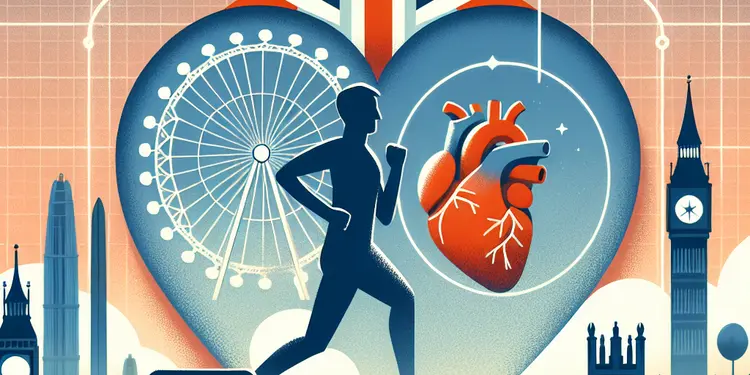
Find Help
More Items From Ergsy search
-
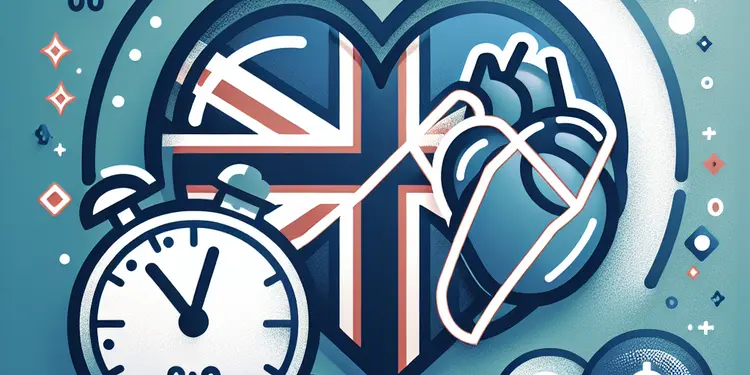
How long do heart attack symptoms last?
Relevance: 100%
-
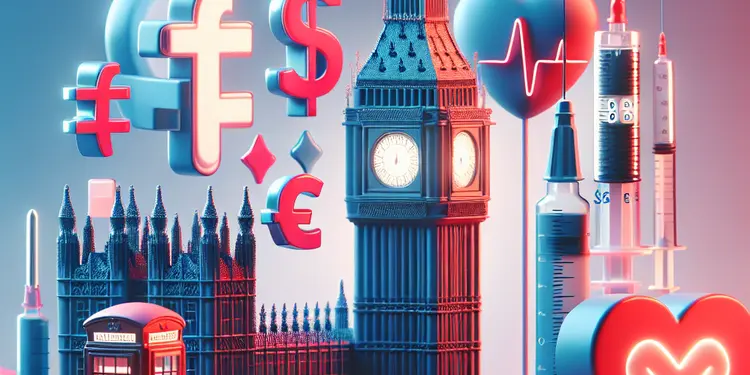
Are heart attack symptoms different for people with diabetes?
Relevance: 99%
-
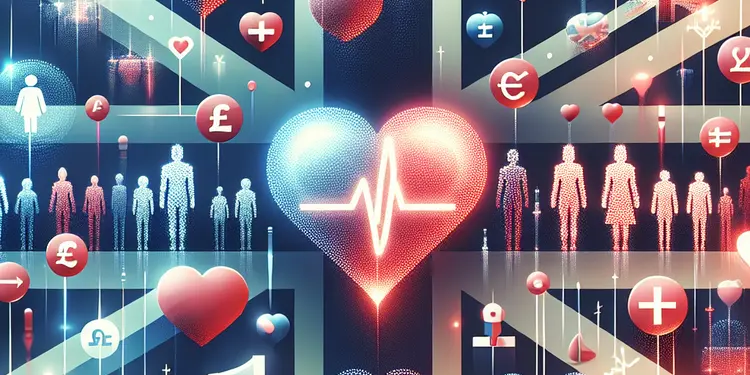
Can heart attack symptoms vary by age?
Relevance: 99%
-
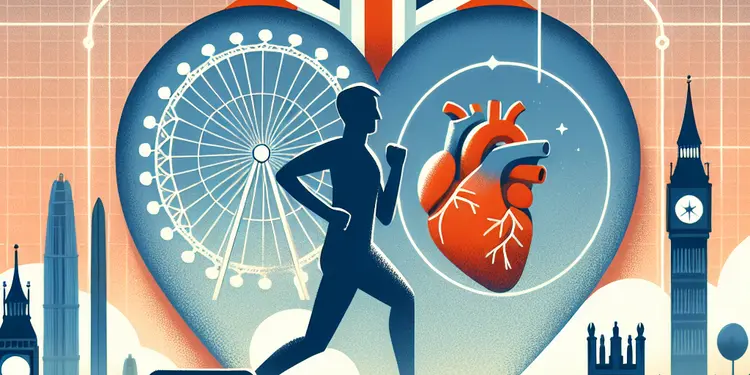
What should I do if I'm experiencing heart attack symptoms?
Relevance: 98%
-
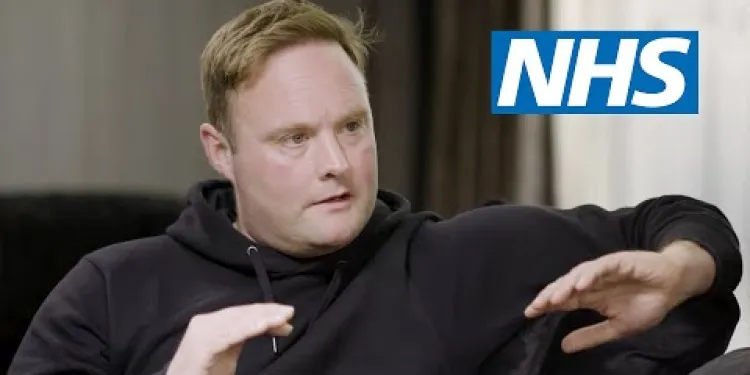
Heart Attack Symptoms - Peter Dale (Tubes) | NHS
Relevance: 96%
-
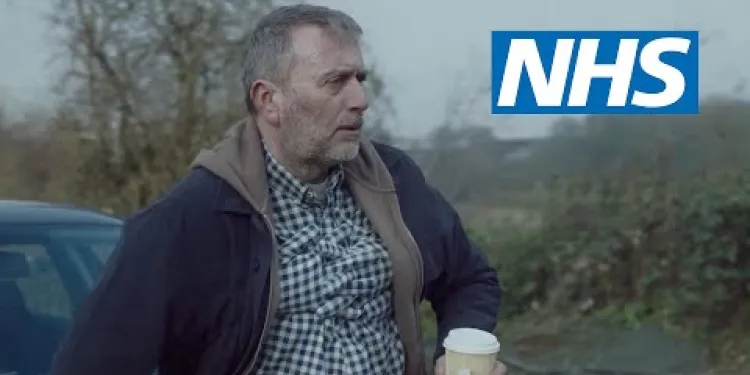
Heart Attack Symptoms - Help Us Help You | NHS
Relevance: 95%
-

Can women have different heart attack symptoms than men?
Relevance: 91%
-
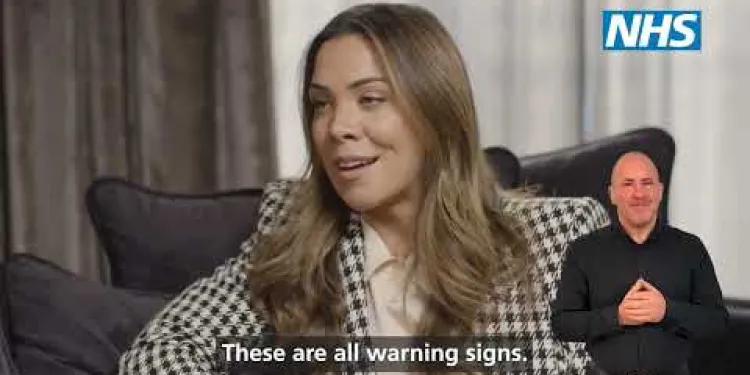
Heart Attack Symptoms - Peter Dale (Tubes) | NHS - BSL version
Relevance: 90%
-
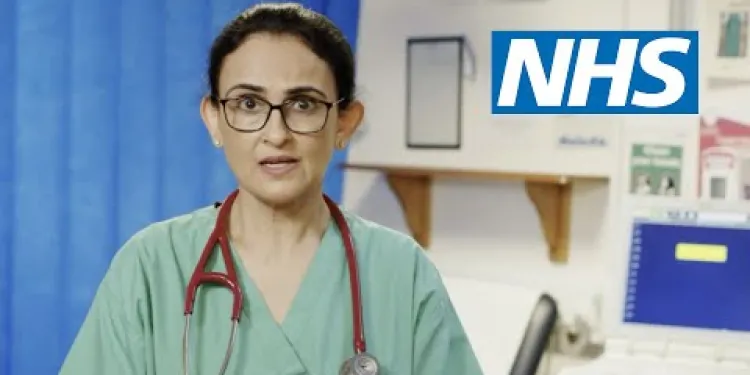
Heart Attack Stories | NHS
Relevance: 90%
-
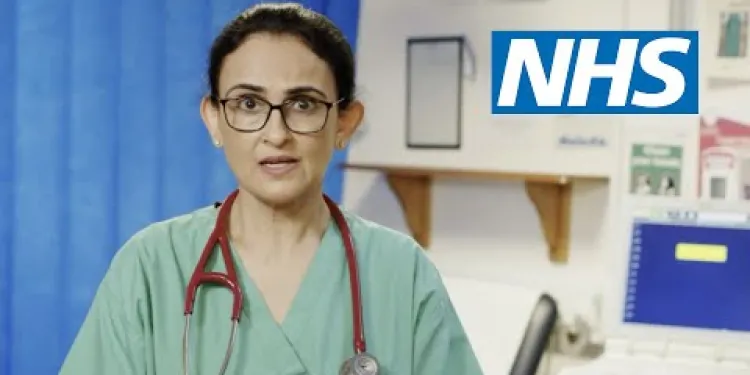
Heart Attack Stories | NHS
Relevance: 89%
-
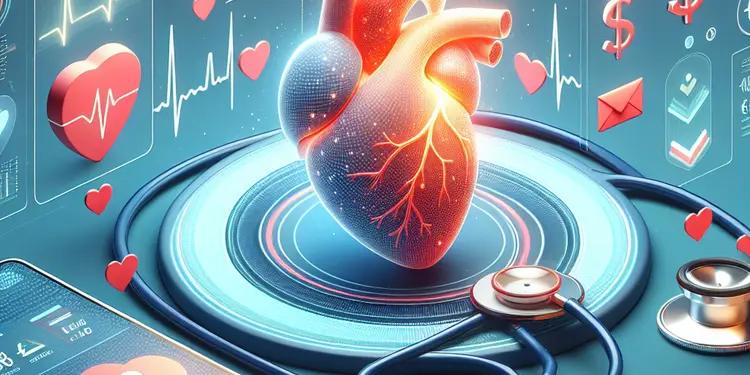
Is it possible to prevent a heart attack?
Relevance: 83%
-
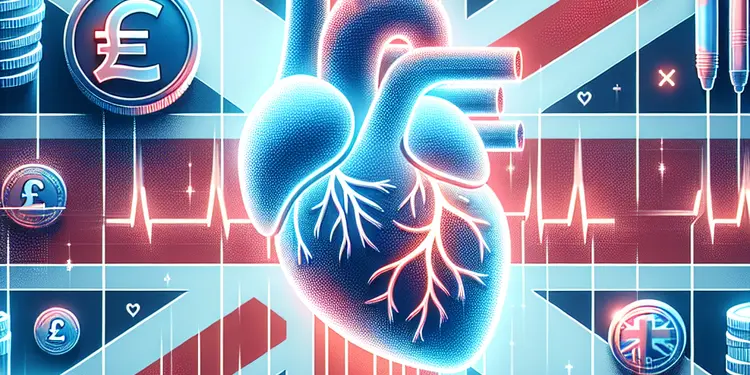
What are the long-term effects of a heart attack?
Relevance: 82%
-
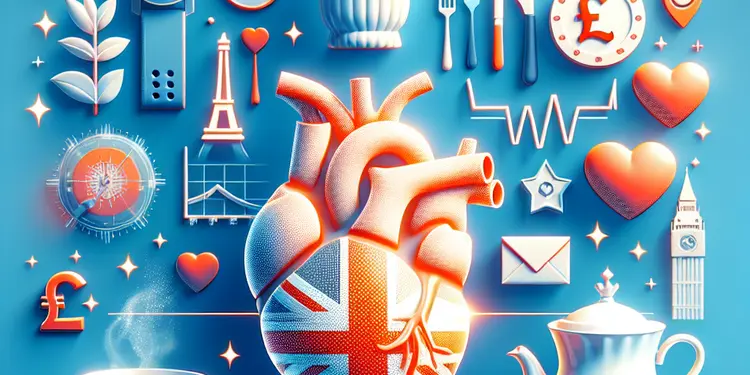
Is it possible to have a heart attack without chest pain?
Relevance: 82%
-
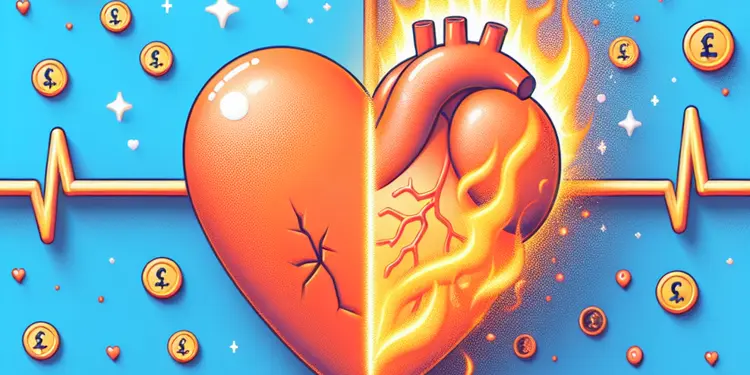
How can I differentiate between heartburn and a heart attack?
Relevance: 81%
-
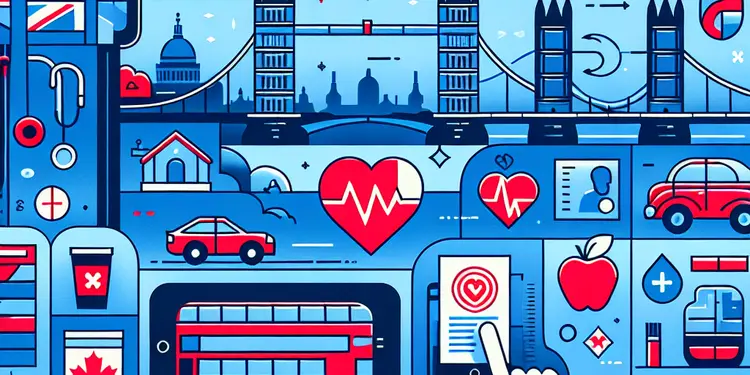
What are the risk factors for a heart attack?
Relevance: 80%
-
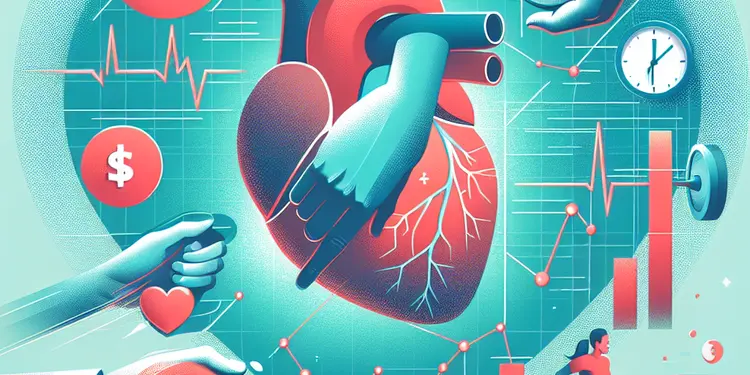
Can physical exertion trigger a heart attack?
Relevance: 77%
-
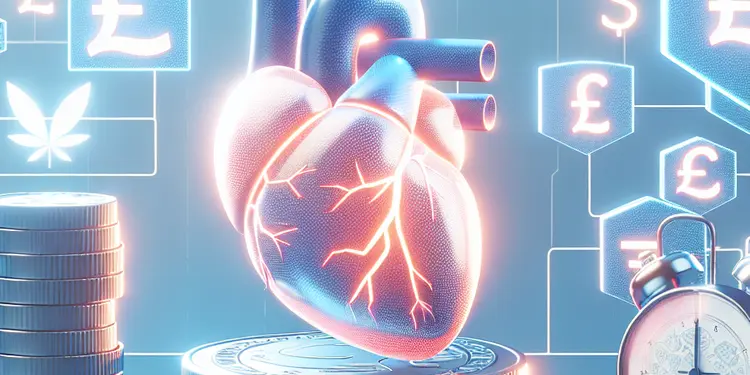
How do beta-blockers contribute to heart attack prevention?
Relevance: 75%
-
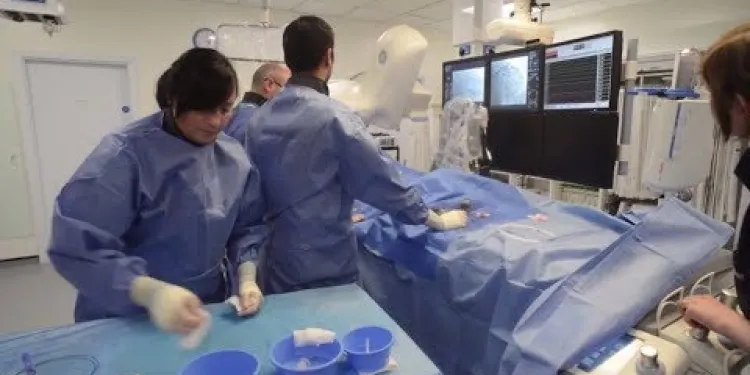
Heart attack care - Raigmore Hospital Inverness, NHS Highland
Relevance: 75%
-
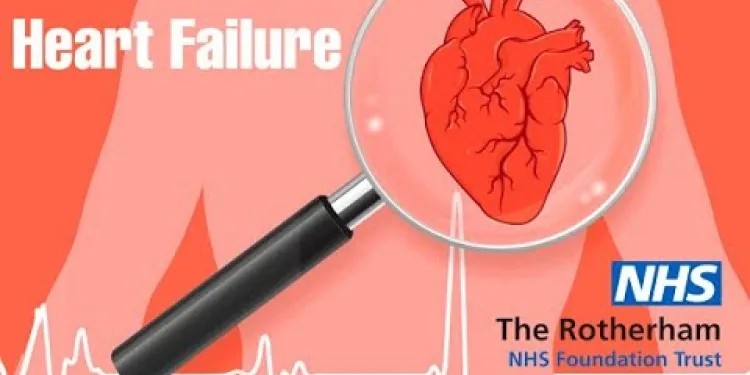
Heart Failure : Symptoms of heart failure
Relevance: 72%
-
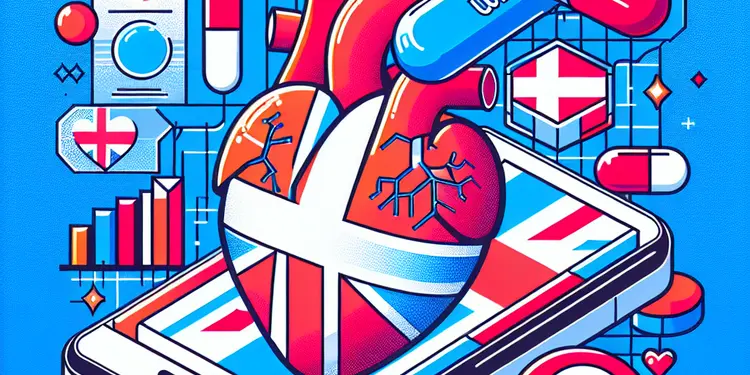
Do calcium channel blockers help in preventing heart attacks?
Relevance: 71%
-
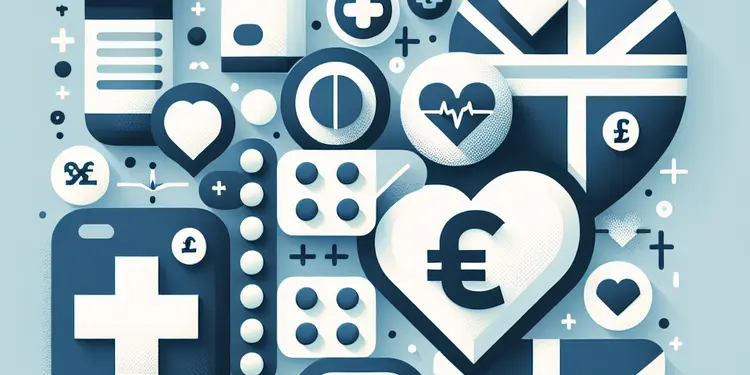
What drugs are commonly prescribed to reduce the risk of heart attacks?
Relevance: 71%
-
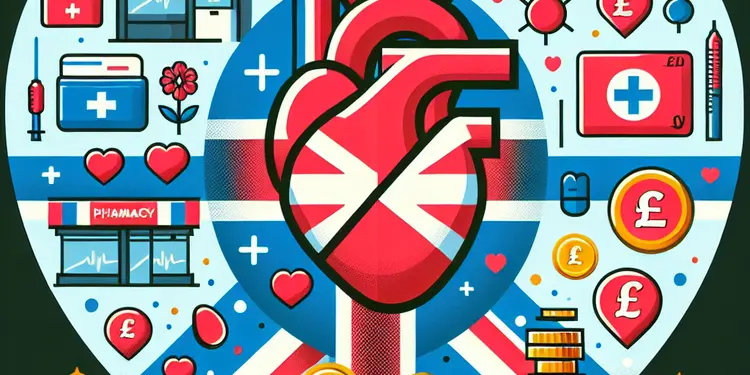
Do over-the-counter medications help in preventing heart attacks and strokes?
Relevance: 71%
-
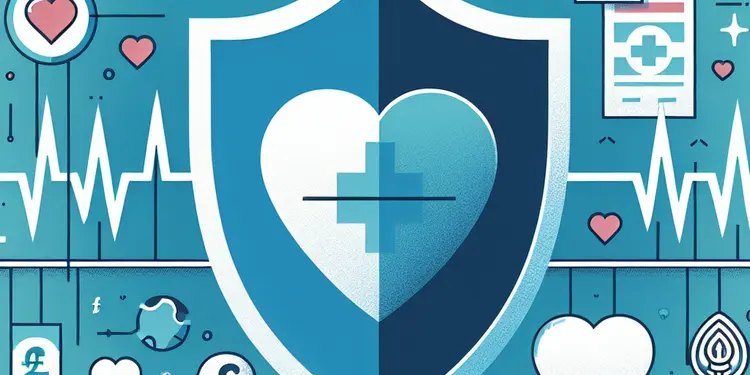
When should one start taking medication for heart attack prevention?
Relevance: 71%
-
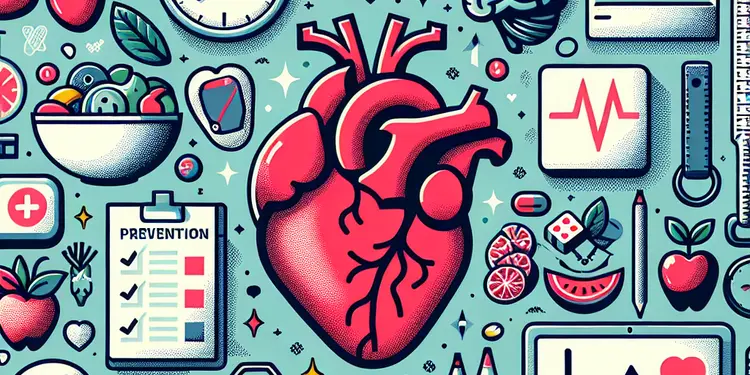
What is the role of lifestyle modification in heart attack and stroke prevention?
Relevance: 69%
-
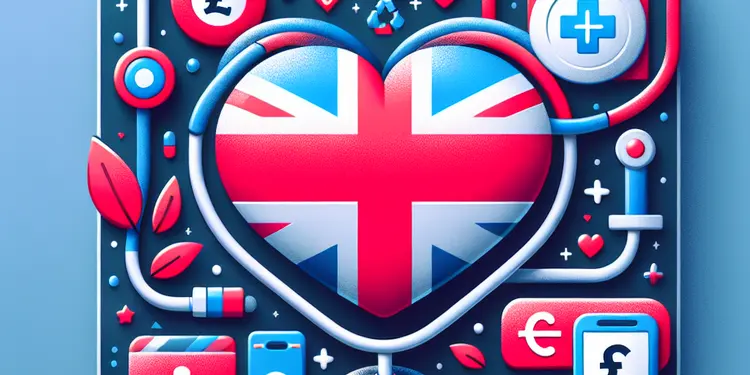
Do all patients need medication to prevent heart attacks and strokes?
Relevance: 69%
-
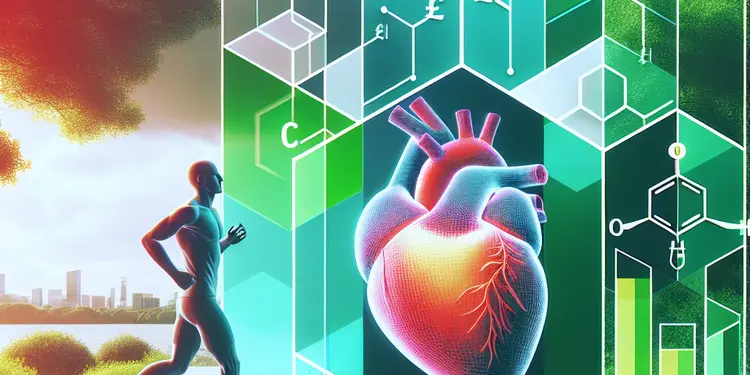
What is the role of PCSK9 inhibitors in heart attack prevention?
Relevance: 67%
-
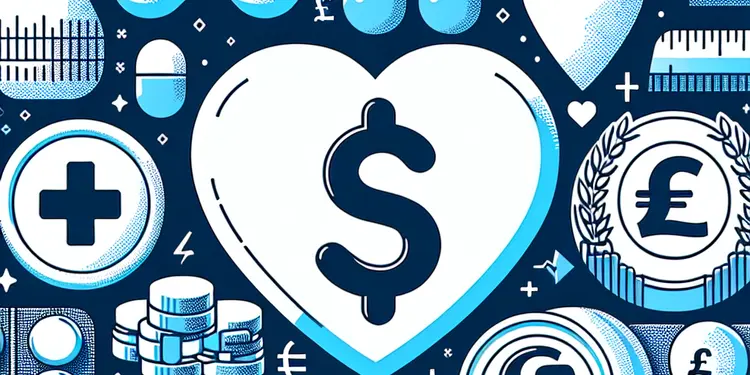
Can diabetes medications also help reduce heart attack risk?
Relevance: 66%
-
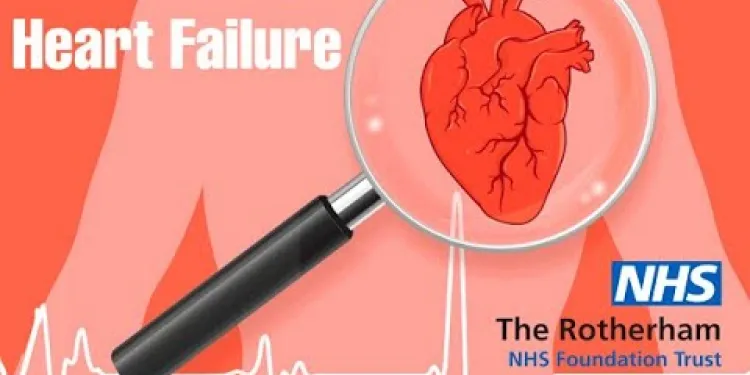
Heart Failure : When the heart becomes stiff?
Relevance: 59%
-
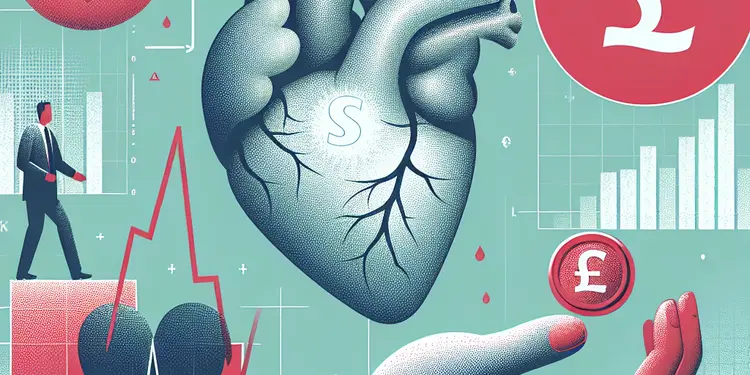
What should I do if I experience symptoms of heart failure?
Relevance: 58%
-

Heart Failure : The normal heart
Relevance: 57%
-
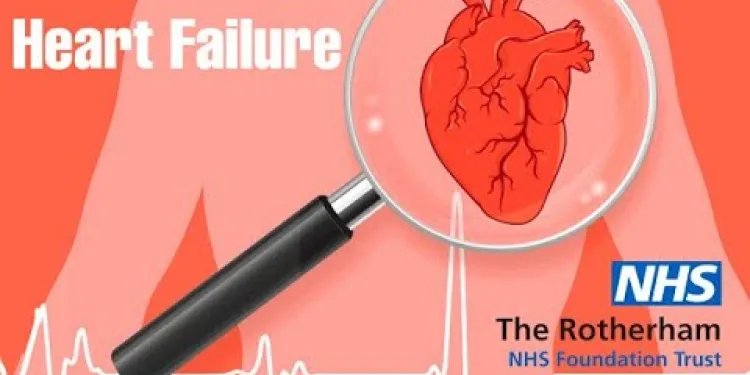
Heart Failure : What is heart failure?
Relevance: 56%
-
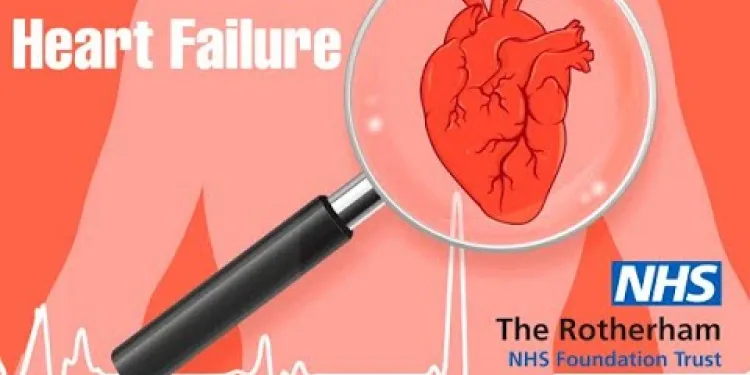
Heart Failure : Heart failure that cannot pump
Relevance: 56%
-
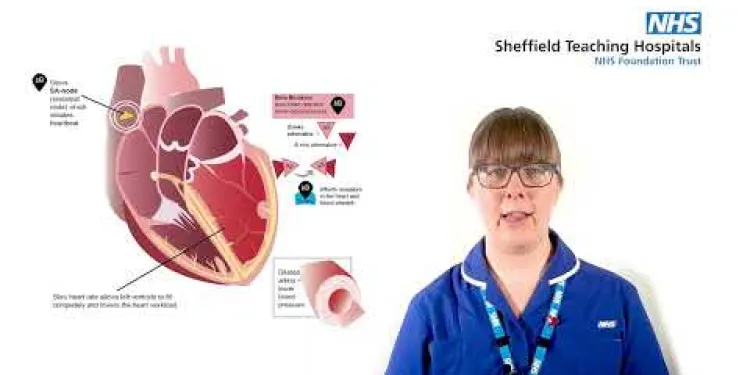
Medicines of the heart
Relevance: 55%
-
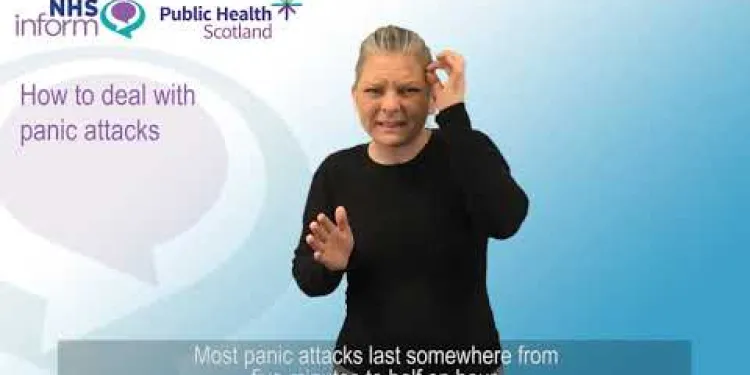
BSL - How to deal with panic attacks
Relevance: 54%
-
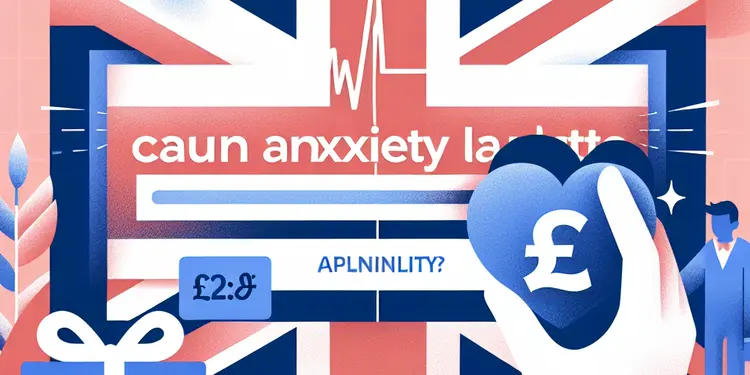
Can anxiety cause heart attack-like symptoms?
Relevance: 54%
-
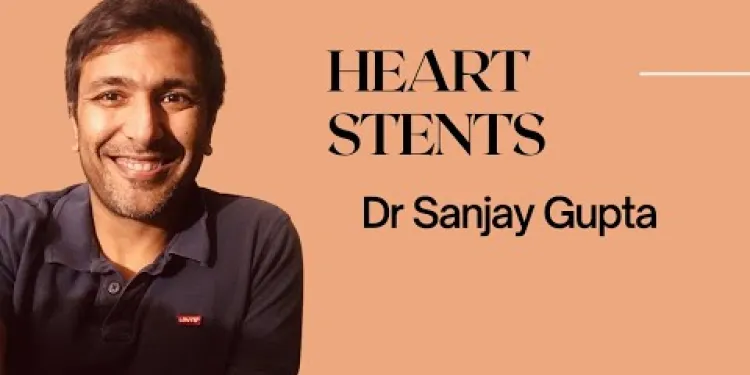
Heart stents
Relevance: 54%
-
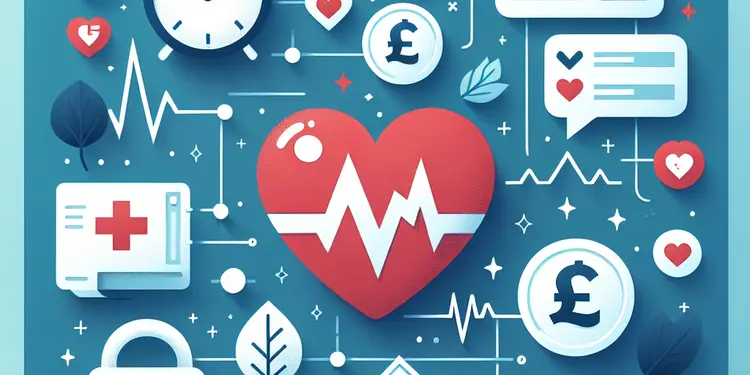
What are the most common symptoms of a heart attack?
Relevance: 54%
-
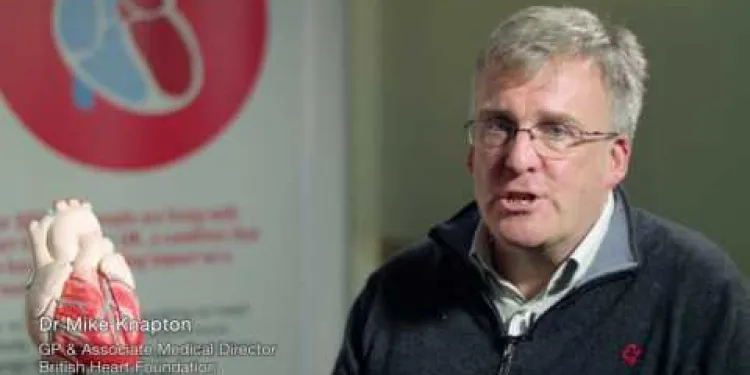
Heart failure introduction
Relevance: 54%
-
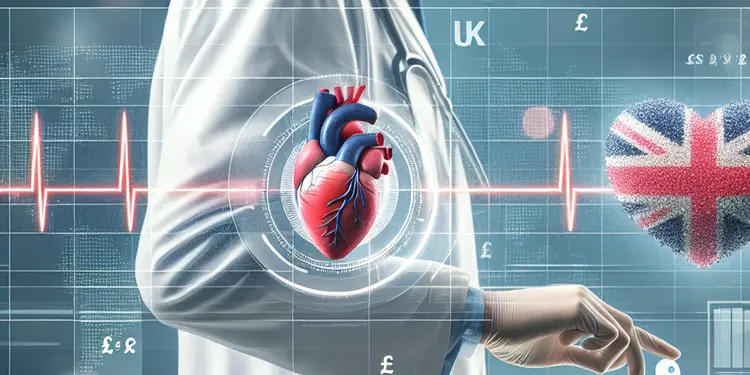
How is heart failure diagnosed?
Relevance: 51%
-
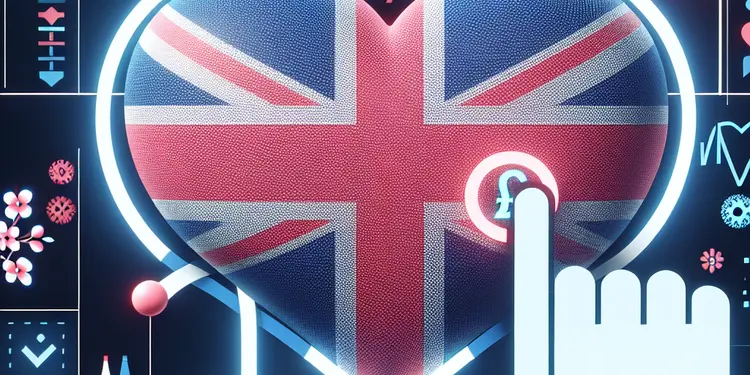
Are there different types of heart failure?
Relevance: 51%
Recognising Heart Attack Symptoms
Heart attacks are serious medical emergencies requiring immediate attention. Typical symptoms include chest pain or discomfort, often described as a feeling of pressure or squeezing in the centre of the chest. This pain may spread to the arms, neck, jaw, back, or stomach. Other symptoms can include shortness of breath, sweating, dizziness, nausea, or feeling lightheaded. It's essential to recognise these signs early to seek prompt medical intervention.
Immediate Actions to Take
If you suspect you are experiencing heart attack symptoms, call 999 immediately for an ambulance. Do not attempt to drive yourself to the hospital, as your condition may worsen suddenly. While waiting for emergency services, try to remain as calm and still as possible. If available, take a 300mg aspirin tablet, as this can help to thin the blood and improve blood flow to the heart. However, only do this if you are not allergic or your doctor hasn't advised against it.
Informing Others and On-Site Help
If you are with someone who might be having a heart attack, call 999 without delay. While waiting for emergency services, assist them in getting into a comfortable position. Usually, it is best for them to sit on the floor with their knees bent and head and shoulders supported. This position lessens the strain on the heart. Stay with them, keep them calm, and offer reassurance as you wait for professional help. If they become unconscious and are not breathing, begin CPR immediately.
Prevention and Risk Reduction
Understanding risk factors can help prevent heart attacks. Modifiable factors include maintaining a healthy diet, exercising regularly, quitting smoking, and managing stress. Regular health checks are vital, particularly if you have a family history of heart disease, to monitor factors such as blood pressure, cholesterol levels, and diabetes. Lifestyle changes can significantly reduce the risk of a heart attack and improve overall cardiovascular health.
Aftercare and Follow-up
After a heart attack, follow-up care is crucial for recovery and preventing future episodes. The NHS may provide a cardiac rehabilitation programme, offering support, lifestyle advice, and exercises tailored to your needs. Regular consultations with your healthcare provider will monitor your progress. It's also important to adhere to any prescribed medication regimes designed to help protect your heart, such as blood thinners, statins, or beta-blockers.
Final Thoughts
Heart attacks are life-threatening and require swift action. Recognising the symptoms and knowing what to do can save a life. Always call 999 if you suspect a heart attack. Prevention and careful management of risk factors can reduce the likelihood of experiencing a cardiac event. Stay informed, proactive, and always consult healthcare professionals regarding any concerns about heart health.
Recognising Heart Attack Symptoms
A heart attack is a serious problem. You need to get help fast. It can cause chest pain. It feels like pressure in your chest. The pain might go to your arms, neck, jaw, back, or tummy. Other signs are finding it hard to breathe, sweating, feeling dizzy, feeling sick, or fainting. If you know these signs, you can get help quickly.
Immediate Actions to Take
If you think you are having a heart attack, call 999 right away. Do not drive yourself to the hospital. You might get worse. Stay calm and still. If you have a 300mg aspirin, you can take it. It helps the blood flow better. But only take it if you know you are not allergic.
Informing Others and On-Site Help
If someone else might have a heart attack, call 999 fast. Help them sit on the floor with knees bent and their head and shoulders supported. This helps their heart. Stay with them and keep them calm. If they pass out and stop breathing, start CPR straight away.
Prevention and Risk Reduction
You can help stop heart attacks by being healthy. Eat good food, exercise, don’t smoke, and manage stress. Visit the doctor to check your heart health. If you have heart problems in your family, get checked regularly. Change your habits to lower the chance of a heart attack.
Aftercare and Follow-up
After a heart attack, follow-up care helps you get better. The NHS might give you a program with advice and exercises. Go to your doctor to check how you are doing. Take any medicine the doctor gives you. It will help your heart stay safe.
Final Thoughts
Heart attacks are very serious. Know the signs and act quickly to get help. Always call 999 if you think you have a heart attack. Preventing heart problems is important. Take care of yourself and talk to a doctor about your heart health.
Frequently Asked Questions
What immediate action should I take if I suspect I'm having a heart attack?
Call emergency services (such as 911) immediately. Do not attempt to drive yourself to the hospital.
Is it okay to wait and see if my symptoms improve?
No, do not wait or delay. Time is critical. Seek emergency help right away.
Can I take aspirin if I suspect a heart attack?
Yes, chew an aspirin while waiting for emergency services, unless you are allergic or have been told by a doctor not to take it.
Why is it important to call emergency services instead of driving to the hospital?
Emergency medical personnel can begin treatment immediately and are trained to handle heart-related emergencies.
What are common symptoms of a heart attack?
Chest pain or discomfort, shortness of breath, pain in the arms, back, neck, jaw, or stomach, and other symptoms like nausea or lightheadedness.
Are heart attack symptoms the same for everyone?
No, symptoms can vary. Some people, especially women, may experience symptoms like shortness of breath, nausea, or back or jaw pain.
Can heart attack symptoms be mild?
Yes, symptoms can be mild and may gradually build up in intensity. It's important to get emergency help regardless of severity.
Should I still call emergency services if I'm unsure it's a heart attack?
Yes, it’s better to be safe and get checked by medical professionals.
What can I do to assist immediately after calling for help?
Rest in a comfortable position, try to stay calm, and take deep breaths.
What if I'm with someone experiencing heart attack symptoms? What should I do?
Call emergency services, provide them with aspirin if appropriate, and stay with them until help arrives.
Is there anything I shouldn’t do during a heart attack?
Do not drive yourself to the hospital, do not assume the symptoms will pass, and avoid any physical exertion.
How can I prepare for the possibility of a heart attack?
Know the symptoms, keep medications like aspirin readily available, understand your risk factors, and have emergency numbers accessible.
Can a heart attack be prevented if caught early?
While you can't prevent a heart attack after symptoms start, early treatment can significantly improve outcomes and reduce damage.
What lifestyle changes can help reduce the risk of a heart attack?
Maintaining a healthy diet, regular exercise, avoiding smoking, and managing stress can all help reduce risk.
What should I tell the dispatcher when I call emergency services for a heart attack?
Be ready to provide your location, describe symptoms, mention any known heart issues, and answer any questions they have.
Are young people at risk for heart attacks?
Yes, while risk increases with age, young people can also experience heart attacks, especially with risk factors.
How important is follow-up care after a heart attack?
Very important, as it includes lifestyle changes, medication management, and monitoring to prevent future heart problems.
What role does family history play in heart attack risk?
A family history of heart disease can increase risk, so it’s important to discuss this with a healthcare provider.
Can anxiety or panic attacks cause symptoms similar to a heart attack?
Yes, they can mimic heart attack symptoms, but it's crucial to have symptoms evaluated to rule out a heart attack.
What should I do if heart attack symptoms occur during the night?
Call emergency services immediately, regardless of the time, and stay calm while you wait for help.
What should I do right away if I think I'm having a heart attack?
Stay Calm: Try to stay as calm as you can.
Sit Down: Sit down and rest.
Call for Help: Call 911 or ask someone to call for you. Tell them you might be having a heart attack.
Take Deep Breaths: Breathe slowly and deeply.
Use Medication: If you have medicine for chest pain, take it as the doctor said.
Help is Coming: Stay where you are until help arrives.
More Advice:
- Try to keep a phone nearby to call for help quickly.
- Keep a note with emergency numbers and medicines you take.
- Practice deep breathing to stay calm in emergencies.
Call for help right away. Use the emergency number like 911. Do not try to drive yourself to the hospital.
Is it okay to wait and see if I feel better?
It can be hard to know when to wait or when to get help. Here are some things to think about:
- Listen to your body: If your body feels worse, it’s good to get help.
- Talk to someone you trust: Tell a family member or friend how you feel.
- Ask a doctor or nurse: They can tell you what is best and help you feel better.
- Keep a symptom diary: Write down how you feel every day. This can help to see if things change.
No, do not wait. Time is very important. Get help right away.
Can I take aspirin if I think I'm having a heart attack?
If you think you are having a heart attack, call for help right away.
Sometimes a doctor might say it is okay to take aspirin if you feel chest pain.
Aspirin can help, but only if a doctor says it's okay for you to take it.
Always talk to a doctor about what to do in an emergency.
You can ask someone to help you understand this information if you need it.
Yes, you can chew an aspirin while you wait for help. But do not do this if you are allergic to aspirin or if a doctor has told you not to take it.
Why should you call for help instead of driving to the hospital?
Calling for help (like 911 or 999) is important. Here’s why:
- Fast Help: Ambulances can reach you quickly and know the fastest ways to the hospital.
- Special Care: The people in the ambulance are trained to help you right away.
- Safe Ride: Ambulances have special equipment to keep you safe on the way.
If you or someone else is hurt or feels very sick, call for help. You can also use a mobile phone or a special app to make the call.
Emergency medical helpers can start helping right away. They know how to take care of heart problems.
What are the signs of a heart attack?
Here are some things to watch for:
- Chest pain or pressure
- Pain in the arm, neck, jaw, or back
- Feeling very dizzy or lightheaded
- Shortness of breath
- Feeling sick to your stomach
If you or someone you know shows these signs, call for help right away. You can use pictures or videos to help explain this topic. Talking with a doctor can also be a good idea.
You might feel a pain or a weird feeling in your chest. It might be harder to breathe. Your arms, back, neck, jaw, or tummy might hurt. You might also feel sick or dizzy.
Do all people have the same heart attack symptoms?
No, the signs are not always the same. Different people can feel different things. Some people might feel out of breath. Some might feel sick in their tummy. Others might have pain in their back or jaw. This is especially true for women.
Can heart attack signs be small?
Yes, sometimes a heart attack can start with small signs. It's important to watch out for:
- Pain or feeling of pressure in your chest.
- Pain in your arms, back, neck, or jaw.
- Feeling out of breath.
- Feeling sick or sweaty.
If you feel these signs, tell a grown-up or call for help. People can learn more about heart attacks from helpful support groups or by asking a doctor.
Yes, signs can be small at first and then get stronger. It is important to get help fast, no matter how bad they are.
Should I call for help if I think someone might have a heart attack?
If you or someone you know might be having a heart attack, it's okay to call for help. You can call emergency services even if you are not sure. It's better to be safe and let the experts check.
Here’s what you can do:
- Call emergency services right away.
- Tell them what is happening.
- Stay with the person until help arrives.
Remember, it's always okay to ask for help. They are there to help you, even if you are not sure.
Yes, it's a good idea to be safe. Go see a doctor or nurse to check if you are okay.
What can I do to help after calling for help?
Sit or lie down in a way that feels good for you. Try to stay calm and breathe in and out slowly.
What to Do if Someone is Having a Heart Attack
If someone feels like they might be having a heart attack, call for help right away. Call 911 or your country's emergency number.
Here are some steps you can follow:
- Stay calm and help the person sit down.
- Ask them to take slow, deep breaths.
- Give them aspirin if they are not allergic. It can help if they chew it.
- Stay with them until help arrives.
- Try to keep them talking and awake.
It might help to learn how to do CPR. You can find classes in your area or watch videos online that teach the steps.
Call 911 for help right away. Give them aspirin if it is safe to do so. Stay with them until help comes.
What should I not do if someone is having a heart attack?
Do not drive yourself to the hospital. Do not think the symptoms will go away. Do not do any hard physical activities.
How can I get ready for a heart attack?
A heart attack is when your heart gets hurt and you might feel pain. It's important to be ready. Here is how you can get prepared:
- Learn the signs: Know what a heart attack feels like. It can feel like pain in your chest or being out of breath.
- Talk to a doctor: Visit your doctor to learn about your heart health.
- Take medicine: If your doctor gives you medicine, take it on time.
- Eat healthy food: Eating fruits and vegetables can keep your heart strong.
- Exercise: Moving your body helps your heart. Try walking or playing outside.
- Stop smoking: Smoking can hurt your heart, so it's good to stop.
- Know who to call: If you think you are having a heart attack, call the emergency services right away.
Use a calendar or reminder app to track medicines and doctor visits. Ask a friend or family member to help. Remember, taking care of your heart is very important.
Learn what the signs are, keep medicine like aspirin close, know what might make you sick, and have emergency phone numbers handy.
Can we stop a heart attack if we find it early?
You cannot stop a heart attack once it begins. But, if you get help quickly, you can feel better and have less harm to your heart.
What can you do to help keep your heart healthy?
Here are some simple things you can do:
- Eat lots of fruits and veggies.
- Move your body every day. Try walking or playing outside.
- Drink water instead of sugary drinks.
- Get enough sleep. Rest is important!
- Try to stay happy and calm. Listen to music or relax.
Using picture cards or asking an adult for help can be useful.
Eating good food, moving your body, not smoking, and relaxing can help you stay healthy.
What do I say when I call for help if someone has a heart attack?
If someone is having a heart attack, call for help right away. Here is what to say:
- Tell them your name.
- Say where you are.
- Tell them someone is having a heart attack.
- Say who is having the heart attack.
- Tell them if the person is awake or not.
- Say if you have done any first aid.
Stay calm and speak slowly. Ask if you need more help to understand. You can also write down what you want to say before calling. It might help to use a voice recorder or have a friend with you.
Get ready to say where you are, talk about how you feel, tell them if you have any heart problems, and answer their questions.
Can young people have heart attacks?
Young people can have heart attacks, but it is not very common.
It's important to eat healthy food and exercise to keep your heart strong.
If you are worried about your heart, talk to a grown-up or a doctor.
Use pictures or videos to help you understand more about your heart.
Yes, anyone can have a heart attack. Older people are more at risk. But young people can have heart attacks too, especially if they have things that make it more likely.
Why is it important to have check-ups after a heart attack?
It is very important. You need to change the way you live. You may need to take medicine and keep a check on your health. This helps stop more heart problems.
How does your family history affect your chance of having a heart attack?
Your family history can tell you if you might have a bigger chance of a heart attack. This means if your parents or grandparents had heart problems, you might need to be more careful about your heart health.
If family members had heart attacks, you should talk to a doctor. The doctor can give you advice on how to keep your heart healthy.
Eating healthy food, exercising, and not smoking can help look after your heart. These are good things to do for everyone, especially if family members had heart problems.
You can use reminders to help you eat healthy meals and exercise more. Talking with someone you trust, like a family member or friend, can also support you in learning more about your heart health.
If your family has had heart problems, it might mean you can have them too. It’s a good idea to talk to a doctor about it.
Can feeling very worried or having a panic attack feel like a heart attack?
Sometimes, feeling very worried or scared can make your body feel strange. These feelings can be like what happens during a heart attack.
It is important to talk to a doctor if you feel this way, so they can help you.
If you get worried a lot, you can try calm breathing. Breathe in slowly, and breathe out slowly. This can help you feel better.
Using calm music or talking to someone kind can also make you feel good.
Yes, they can look like heart attack signs, but it's really important to see a doctor to make sure it isn't a heart attack.
What should I do if I think I am having a heart attack at night?
If there is an emergency, call for help right away. It does not matter what time it is. Stay calm while you wait for help to come.
Useful Links
This website offers general information and is not a substitute for professional advice.
Always seek guidance from qualified professionals.
If you have any medical concerns or need urgent help, contact a healthcare professional or emergency services immediately.
Some of this content was generated with AI assistance. We’ve done our best to keep it accurate, helpful, and human-friendly.
- Ergsy carfully checks the information in the videos we provide here.
- Videos shown by Youtube after a video has completed, have NOT been reviewed by ERGSY.
- To view, click the arrow in centre of video.
- Most of the videos you find here will have subtitles and/or closed captions available.
- You may need to turn these on, and choose your preferred language.
- Go to the video you'd like to watch.
- If closed captions (CC) are available, settings will be visible on the bottom right of the video player.
- To turn on Captions, click settings .
- To turn off Captions, click settings again.
More Items From Ergsy search
-

How long do heart attack symptoms last?
Relevance: 100%
-

Are heart attack symptoms different for people with diabetes?
Relevance: 99%
-

Can heart attack symptoms vary by age?
Relevance: 99%
-

What should I do if I'm experiencing heart attack symptoms?
Relevance: 98%
-

Heart Attack Symptoms - Peter Dale (Tubes) | NHS
Relevance: 96%
-

Heart Attack Symptoms - Help Us Help You | NHS
Relevance: 95%
-

Can women have different heart attack symptoms than men?
Relevance: 91%
-

Heart Attack Symptoms - Peter Dale (Tubes) | NHS - BSL version
Relevance: 90%
-

Heart Attack Stories | NHS
Relevance: 90%
-

Heart Attack Stories | NHS
Relevance: 89%
-

Is it possible to prevent a heart attack?
Relevance: 83%
-

What are the long-term effects of a heart attack?
Relevance: 82%
-

Is it possible to have a heart attack without chest pain?
Relevance: 82%
-

How can I differentiate between heartburn and a heart attack?
Relevance: 81%
-

What are the risk factors for a heart attack?
Relevance: 80%
-

Can physical exertion trigger a heart attack?
Relevance: 77%
-

How do beta-blockers contribute to heart attack prevention?
Relevance: 75%
-

Heart attack care - Raigmore Hospital Inverness, NHS Highland
Relevance: 75%
-

Heart Failure : Symptoms of heart failure
Relevance: 72%
-

Do calcium channel blockers help in preventing heart attacks?
Relevance: 71%
-

What drugs are commonly prescribed to reduce the risk of heart attacks?
Relevance: 71%
-

Do over-the-counter medications help in preventing heart attacks and strokes?
Relevance: 71%
-

When should one start taking medication for heart attack prevention?
Relevance: 71%
-

What is the role of lifestyle modification in heart attack and stroke prevention?
Relevance: 69%
-

Do all patients need medication to prevent heart attacks and strokes?
Relevance: 69%
-

What is the role of PCSK9 inhibitors in heart attack prevention?
Relevance: 67%
-

Can diabetes medications also help reduce heart attack risk?
Relevance: 66%
-

Heart Failure : When the heart becomes stiff?
Relevance: 59%
-

What should I do if I experience symptoms of heart failure?
Relevance: 58%
-

Heart Failure : The normal heart
Relevance: 57%
-

Heart Failure : What is heart failure?
Relevance: 56%
-

Heart Failure : Heart failure that cannot pump
Relevance: 56%
-

Medicines of the heart
Relevance: 55%
-

BSL - How to deal with panic attacks
Relevance: 54%
-

Can anxiety cause heart attack-like symptoms?
Relevance: 54%
-

Heart stents
Relevance: 54%
-

What are the most common symptoms of a heart attack?
Relevance: 54%
-

Heart failure introduction
Relevance: 54%
-

How is heart failure diagnosed?
Relevance: 51%
-

Are there different types of heart failure?
Relevance: 51%


